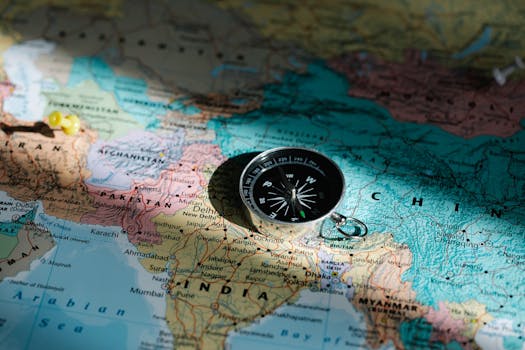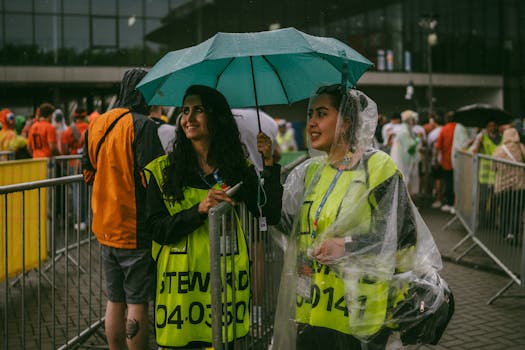India Pakistan

India-Pakistan relations have seen a nuanced dynamic in recent weeks, marked by cautious optimism about potential dialogue and persistent concerns over cross-border terrorism and regional stability. Despite the absence of formal talks, backchannel diplomacy, reportedly facilitated by the United Arab Emirates, is gaining attention. These discreet communications are focused on establishing a ceasefire along the Line of Control (LoC) and exploring avenues for broader engagement. The 2021 ceasefire agreement has largely held, though occasional violations have occurred.
India continues to raise concerns about Pakistan-based terrorist groups, including Lashkar-e-Taiba and Jaish-e-Mohammed, alleging their involvement in attacks within India, particularly in Jammu and Kashmir. Pakistan, in turn, accuses India of supporting separatist movements in Balochistan and other regions, a claim India denies. The recent sentencing of Lashkar-e-Taiba leader Saeed to multiple jail terms in Pakistan was welcomed internationally but met with skepticism in India, with many questioning the sincerity of the measures.
Both countries are facing economic pressures, with Pakistan experiencing a severe economic crisis and India navigating global economic challenges. This shared vulnerability has subtly contributed to a perceived need for de-escalation and potential cooperation on issues like water sharing from the Indus River, governed by the Indus Waters Treaty.
The political climate in both countries is also a significant factor; India’s upcoming general elections in 2024 are likely to make the government cautious about making significant concessions to Pakistan. Similarly, Pakistan’s ongoing political instability, with a caretaker government in place, limits the scope for decisive policy shifts.
The situation in Afghanistan remains a concern for both countries, with the potential for increased radicalization and instability. India has been engaging with regional stakeholders, including the Taliban, to protect its interests, while Pakistan seeks to maintain influence in Afghanistan.
Recent statements from both foreign ministries have emphasized the need for a peaceful resolution of disputes and adherence to international norms, but have not announced any concrete steps towards normalization. The Kartarpur Corridor, a visa-free passage for Sikh pilgrims from India to a significant shrine in Pakistan, remains open and is seen as a small but important confidence-building measure.
The trajectory of India-Pakistan relations remains fragile, dependent on sustained dialogue, action against terrorism, and a willingness to address long-standing grievances. A breakthrough hinges on navigating these complex challenges and fostering a climate of trust, a task complicated by historical baggage and deep-seated mistrust.

 06 May 2025
06 May 2025 Share
Share






